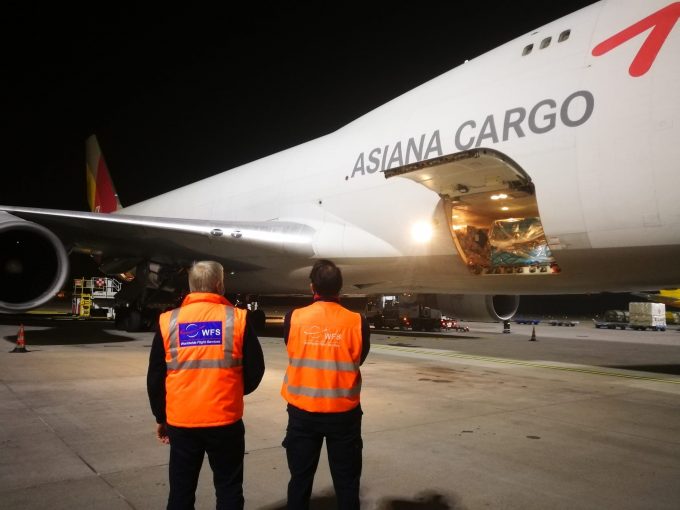DSV chief reticent on Schenker: the focus on growing market share
DSV focused on gains in market share, organic growth and making investors confident in its ...

Hopes are growing for the sale of Asiana Airlines’ cargo division, which would improve the likelihood of its takeover by Korean Air Lines (KAL).
Industry sources have told The Loadstar four low-cost carriers are contenders for Asiana’s cargo business: Eastar Jet; Air Premia; Air Incheon; and Jeju Air – the latter the latest to throw its hat into the ring with a letter of intent to KAL last week.
Jeju Air said last year it was not interested, but appears to have changed its mind, a move that coincided with its announcement this month that it had repaid bonds due to Korea Development Bank (KDB), which reduced its stake in the airline from 8.25% to 3.21%. During the Covid-crisis in 2020, KDB injected over $200m to stabilise Jeju Air.
The airline also said it would use its second 737-800 freighter, purchased last month, to carry e-commerce cargo from South Korea to Vietnam, Japan and China.
Candidates interested in acquiring Asiana’s cargo unit must provide detailed proposals for their strategy by 2 February and must also be reviewed by the European Commission (EC), whose approval is key for the carrier’s merger with KAL. Antitrust authorities in the US and Japan need also to give the go-ahead.
Market observers believe low-cost carrier interest in growing their cargo operations could be due to the heavy losses they suffered when tourism ground to a halt during the pandemic. The huge cargo demand ensured full-fledged airlines kept their heads above water.
Jeju Air entered the cargo business after purchasing its first freighter in mid-2022; buying a second sparked speculation it could be keen on Asiana’s cargo unit.
Reuters reported on Saturday that the EC was expected to approve the KAL-Asiana merger, but a KAL spokesperson declined comment when The Loadstar enquired about the approval or the bidders.
Asiana’s cargo unit, which operates nine 747-400Fs and one 767F, according to CH Aviation, is valued at between $382m and $535m, and the new owner will have to take on its debt of more than $760m.
Asiana fell into financial difficulties after Covid-19 battered air travel in 2020, prompting the South Korean government to push for it to merge with KAL. It incurred a cumulative net loss of $36.3m over the first nine months of 2023, although this narrowed from the net loss in the year-ago period, as the Korean won strengthened against the US dollar.
The red ink was attributed to a decline in the profitability of its cargo business and increased costs related to expanding international routes.
The EC is concerned that a KAL-Asiana union could reduce competition on South Korea-Europe routes. KAL had suggested selling some of its freighters, but this did not satisfy the EC, and it was proposed that Asiana sell its freight business instead.
Comment on this article